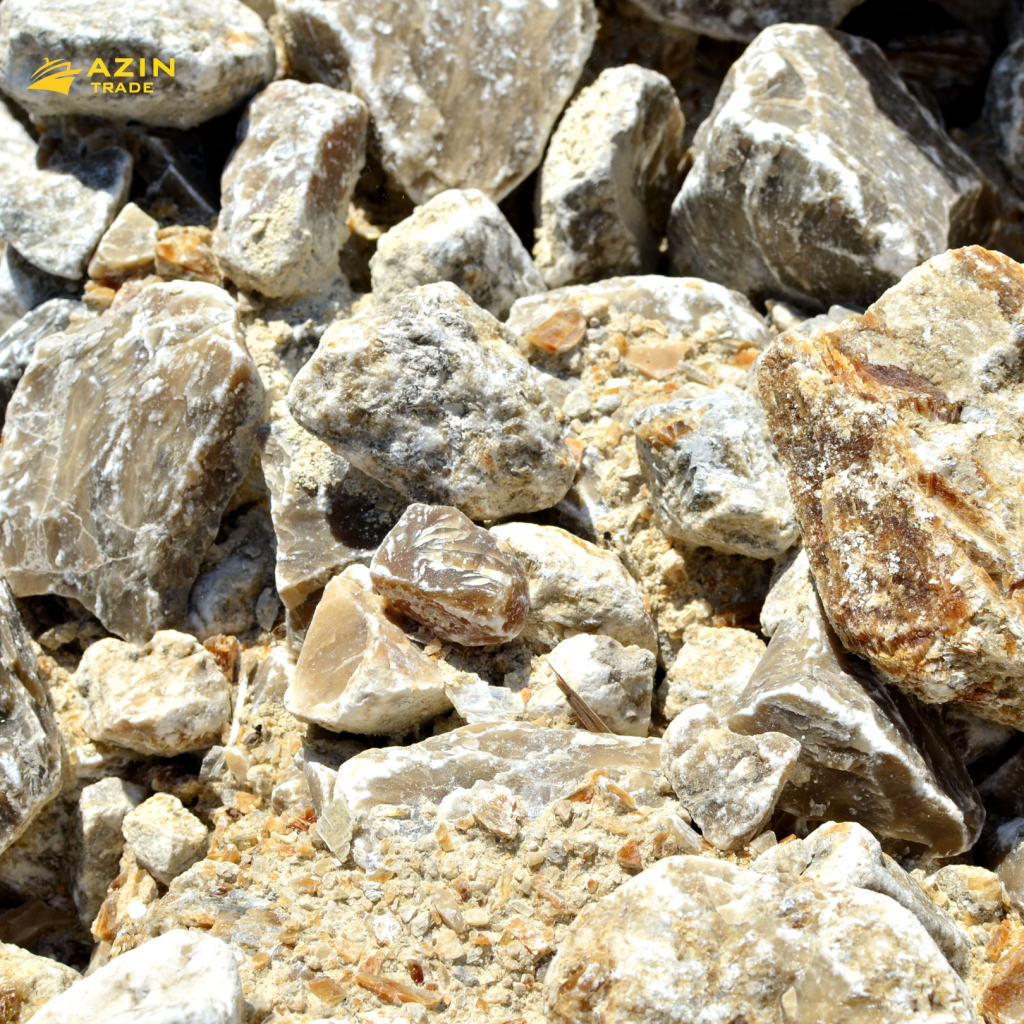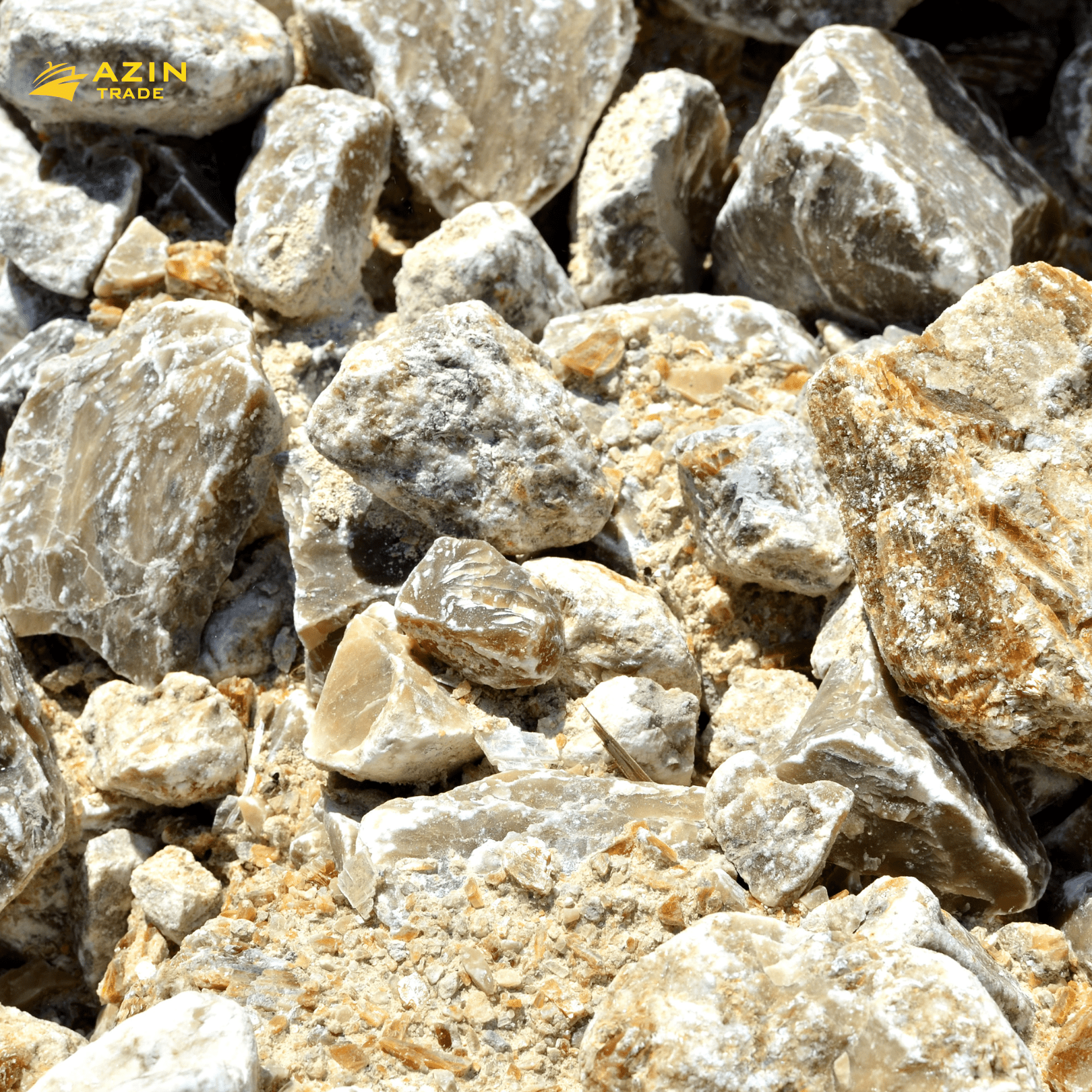
gypsum imports
Gypsum, a mineral widely used in construction and agriculture, plays a crucial role in the global economy. In the United Arab Emirates (UAE), gypsum’s significance is underscored by its substantial imports and exports, reflecting its importance in various industries. This blog post delves into the dynamics of gypsum trade in the UAE, examining its production, consumption, import trends, export destinations, and the economic impact of this mineral.
Introduction to Gypsum
Gypsum, chemically known as calcium sulfate dihydrate (CaSO4·2H2O), is a soft sulfate mineral widely found in sedimentary rock formations. It is valued for its diverse applications in construction, agriculture, and industrial processes. The UAE, situated in a region rich in gypsum resources, both produces and imports significant quantities of this mineral.
Production and Resources of Gypsum in the UAE
The UAE boasts substantial natural gypsum reserves, primarily found in the northern regions. These reserves support domestic production, with mining operations contributing to the country’s gypsum output. Local production ensures a steady supply for industrial and construction purposes, complemented by imports to meet specific demands and quality requirements.
Importance of Gypsum in Construction
Gypsum’s role in construction is pivotal, primarily as a building material. Its use spans from plasterboard and drywall manufacturing to cement production and soil conditioning. The UAE’s construction boom has heightened demand for gypsum products, influencing both import strategies and domestic production capacities.
Overview of Gypsum Imports in the UAE
Gypsum imports into the UAE are substantial, sourced from various global suppliers. The country’s strategic location and robust infrastructure facilitate efficient import operations, ensuring a reliable supply chain for local industries. Major import partners include countries with significant gypsum reserves, such as Oman, Iran, and Thailand.
Key Export Markets for UAE’s Gypsum
The UAE is also a notable exporter of gypsum, supplying this mineral to international markets. Countries in Asia, Africa, and beyond rely on UAE gypsum for construction and agricultural applications. Export dynamics, including trade volumes, destinations, and regulatory considerations, shape the UAE’s position as a key player in the global gypsum trade.
Economic Impact and Industry Insights
The gypsum trade significantly contributes to the UAE’s economy, supporting employment in mining, transportation, and manufacturing sectors. Economic indicators, market trends, and government policies affecting gypsum trade highlight its broader implications for national development and industrial growth strategies.
Environmental Considerations and Sustainability Practices
Environmental sustainability in gypsum mining and production is increasingly prioritized. The UAE implements regulations and practices to mitigate environmental impacts, ensuring responsible resource management and fostering sustainable development practices in the gypsum industry.
Future Prospects and Innovations in Gypsum Technology
Looking ahead, innovations in gypsum technology promise enhanced applications and efficiency gains. Research and development initiatives in the UAE aim to optimize gypsum use across industries, fostering technological advancements and sustainable practices in mineral extraction and processing.
Conclusion
In conclusion, gypsum imports and exports in the UAE underscore its pivotal role in global markets. This mineral, essential for construction and agricultural sectors, drives economic growth and industrial development in the region. By exploring production, trade dynamics, economic impacts, and sustainability practices, this blog post provides a comprehensive overview of the UAE’s gypsum industry and its significance on the global stage.
For further insights into gypsum trade in the UAE and its impact on various sectors, stay tuned to our blog for updates and in-depth analyses.




